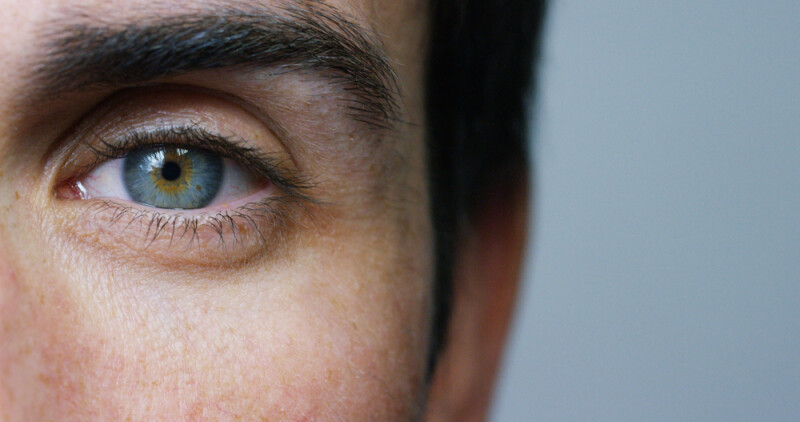Weil makes $15 million gift to UA Center for Integrative Medicine
Photo courtesy of Bob Demers/UANews
Integrative healthcare pioneer Andrew Weil, MD, founder and director of the University of Arizona (UA) Center for Integrative Medicine, made a $15 million gift to the school on Tuesday, according to a press announcement. As a result, the center will become the Andrew Weil Center for Integrative Medicine.
Weil made the announcement in a news conference alongside UA president Robert Robbins, UA senior vice president Michael Dake, and Andrew Weil Center for Integrative Medicine executive director, Victoria Maizes, MD.
This gift adds to Weil’s previous total of $5 million in donations. In addition to naming the center, Weil’s commitment establishes the Andrew Weil Endowed Chair in Integrative Medicine, the Andrew Weil Endowed Chair for Research in Integrative Medicine, and the Andrew Weil Endowed Program Fund for Integrative Medicine.
Maizes and Esther Sternberg, MD, director of research for the Andrew Weil Center for Integrative Medicine, will be the inaugural holders of the Andrew Weil Endowed Chair in Integrative Medicine and the Andrew Weil Endowed Chair for Research in Integrative Medicine, respectively.
Both chairs will benefit from the UA's Eminent Scholars Program, established to help the university recruit and retain top faculty. Through the program, donated funds are augmented to grow the endowment faster and to provide more immediate support than is typical with an endowed chair, according to the announcement.
"This gift marks the high point of my career at the University of Arizona," Weil said. "More than 20 years ago…we established the nation's first fellowship in integrative medicine with the aim of redesigning the education of physicians, physicians-in-training, and allied health professionals. We believed by doing this, we could impact our nation's struggling healthcare system by providing it with doctors trained to focus on the innate healing potential of patients.”
In addition to the best practices of modern medicine, the center, which was founded in 1994, emphasizes nutrition, a healthful lifestyle, natural therapies, and mind-body interventions, and spirituality, Weil said.
“Perhaps those concepts were seen as radical in some circles,” he said, “but today they are accepted as mainstream by most practitioners and by the estimated 8 million patients our program has directly and indirectly impacted."




















SHARE